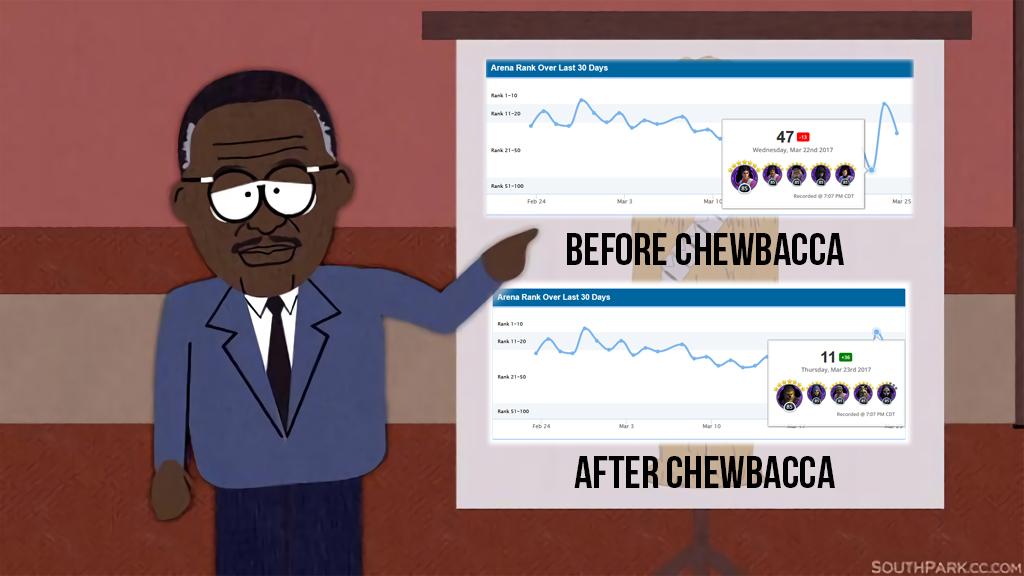You are reading this on your phone at a café because your landlord locked you out today, and you’re wondering if that is okay. Is it legal?
Landlord-tenant law does vary from state to state, and it is difficult to say in the abstract what precisely should have happened without knowing more. But there are some general principles of eviction we can consider.
Eviction Generally
Generally speaking, a landlord must provide notice to a tenant of intent to evict. That notice must be in writing and there is a gradual process — eviction should not happen from one day to the next. Usually, your landlord must notify you of the issue prompting potential eviction and provide you with an opportunity to cure the defect.
What that means is that if the eviction is based on past due rent, you should be able to cure this defect with payment of money owed. Similarly, if your landlord is upset because you’ve got a pet and that violates the lease, you should theoretically be able to cure this defect by removing the pet.
There are other bases for eviction — engaging in illegal activities, endangering other tenants, or subletting in violation of the lease agreement are a few examples. But none of these automatically qualify for eviction. Whatever the reason, the landlord must follow the procedure outlined by the state in which the residence is located.
Mistakes Are Made
Remember, just because a landlord attempts to evict does not mean that they are correct or that they will win in court. Sometimes a landlord just wants the tenant out and decides to evict for reasons unspecified. In places that allow for eviction without cause, the notice period is longer and you should have more time to move.
Keep in mind too that landlords make mistakes or they attempt to evict tenants based on complaints that a court won’t legitimate upon hearing. The only way to know that though is to fight your eviction.
For example, if your landlord knew you had a roommate and tacitly agreed to the arrangement, the presence of a roommate in technical violation of the lease may not form a valid basis for eviction. Judges are people too and they do have some idea of what life is like where they work. So if you are in San Francisco or New York, or one of the many American cities where with limited living spaces, and the landlord’s just trying to get you out so as to raise the rent, fighting your eviction could be money well spent.
In Sum
If you are locked out of your place and this is the first you’re hearing of any trouble, then no, your landlord doesn’t seem to have followed proper procedure. For tonight, perhaps you’ll need to find somewhere to stay.
Tomorrow, meet with an attorney. Eviction can be a scary legal proceeding but it need not be one you go through alone, nor end with you looking for a new home. Many attorneys consult for free or a minimal fee and will be happy to provide you with guidance when you meet.










